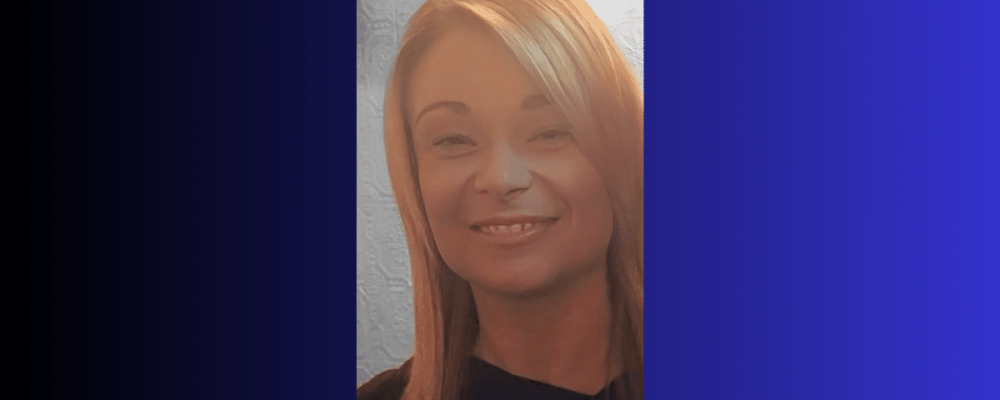Why I Chose to Study this MA
Professionally, I wanted to upskill and open up new opportunities in my teaching career. In fact, I was offered the post of Autism Coordinator in my school directly because of this course. It put me way ahead of others applying, and the knowledge I gained has been invaluable.
As coordinator, it was important to me that the autism classes were inclusive and not segregated from the rest of the school. That belief really aligned with what the programme was about.
“This course is absolutely groundbreaking. It teaches you how to ensure that students with additional needs are fully included in school life, at every level possible.”
On a personal level, as someone who is autistic and a parent of children with additional needs, the course was not only educational but truly cathartic. It helped me learn about myself while also supporting my family.
I could also see that inclusion and special classes were going to be an important part of the future of education, so I wanted to be prepared.
My Experience of Completing the Master’s
Like many master’s programmes, it was hard work and required dedication. At the start, I wasn’t sure I could do it. I doubted whether I had the ability to complete a master’s as an autistic person. But the support I received from ICEP Europe and Hibernia College changed everything.
“You are not just a number here – you are an individual. The support I received after my diagnosis was phenomenal. The college truly practices what it preaches.”
As the months went on, I began to build confidence. By February, I could see the end in sight, which motivated me to keep going. And by the time I graduated, I felt an immense sense of pride.
How I Would Describe the Programme
For me, the programme stood out for its flexibility and research focus. I was able to build on my postgraduate work and then shape my master’s thesis around my passion for autism and inclusion.
“From start to finish, this master’s is a fantastic journey. You will absolutely adore every step of the way.”
The diversity of students also made the experience richer. There were people from a range of professions and even different countries. Hearing their perspectives gave me new insights that went far beyond the classroom.
Would I Recommend the Programme?
Yes — without hesitation.
What made it stand out was the level of support. Everything I needed was only ever a phone call, email, or Zoom link away. When I disclosed my autism diagnosis, the team immediately put supports in place that made all the difference. The personal attention and responsiveness made me feel valued every step of the way.
My Thesis Journey
For my thesis, I focused on the transition of students with autism from special classes to mainstream settings. I wanted to highlight the role of Special Needs Assistants (SNAs), as most existing research only focused on teachers.
My research aimed to find practical strategies to make these transitions smoother and less overwhelming for students. The guidance I received from my supervisors and programme directors helped me turn this idea into a piece of work I’m really proud of.
“The whole course fits together… and when you pull it together for your thesis, you can be very, very proud of it.”
Looking Ahead
The course has ignited a real passion in me for autism support and inclusion. My goal now is to work in a supporting or advisory role in special education, whether in a college setting or with the NCSE. I want to continue making a difference in special education by using the knowledge I gained from the master’s programme – I especially want to ensure students always feel included.
If you want to make a real impact in inclusive and special education, explore the MA in Inclusive & Special Education from ICEP Europe and Hibernia College. The application deadline is 18th September and you can register for an upcoming webinar for more info.




